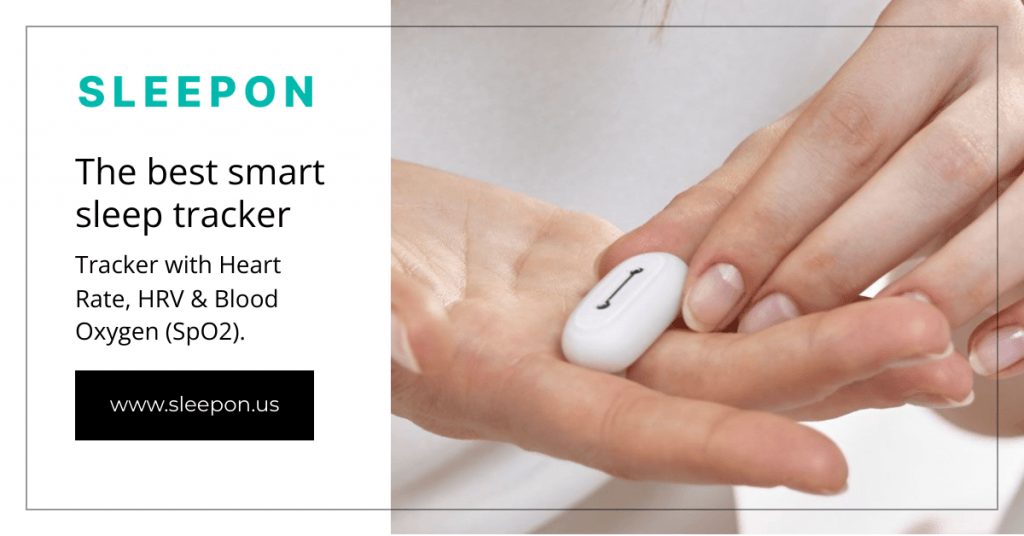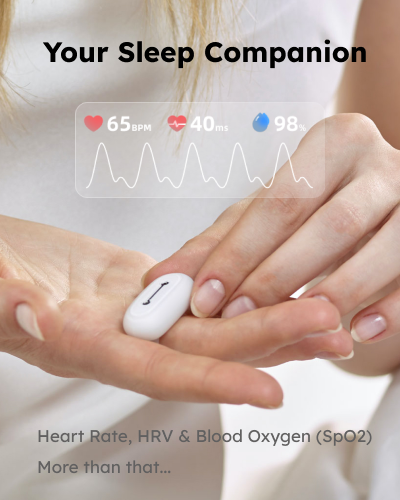
Understanding Insomnia: Causes, Symptoms, and Effective Solutions
Overview
Why am I so tired but can’t sleep?
What will help you sleep?
What can I drink to sleep faster?
Why am I so tired but can’t sleep?
-
Stress and Anxiety
High levels of stress or anxiety can lead to a racing mind, making it difficult to relax and fall asleep. Worrying about work, relationships, or other concerns can keep you awake, even though you feel tired.
-
Caffeine and Stimulants
Consuming caffeine or other stimulants, such as energy drinks or certain medications, close to bedtime can interfere with your ability to fall asleep. These substances can keep your brain alert and awake.
-
Poor Sleep Hygiene
Irregular sleep patterns, irregular bedtimes, and inconsistent sleep routines can disrupt your body’s internal clock, making it difficult to fall asleep, even when you’re tired.
-
Electronic Devices
Exposure to the blue light emitted by smartphones, tablets, and computers before bedtime can interfere with the production of melatonin, a hormone that regulates sleep. This can make it harder to fall asleep despite feeling tired.
-
Physical Discomfort
Physical discomfort, such as pain from an injury or a medical condition, can make it challenging to find a comfortable sleeping position and fall asleep.
-
Medications
Some medications, especially stimulants or medications taken for certain medical conditions, can cause insomnia as a side effect.
-
Alcohol and Substance Use
Alcohol, particularly when consumed in excess, can disrupt sleep patterns. Similarly, the use of certain substances, including recreational drugs, can interfere with sleep.
-
Mental Health Conditions
Conditions such as depression, bipolar disorder, and post-traumatic stress disorder (PTSD) can affect sleep and lead to difficulty falling asleep despite feeling tired.
-
Medical Conditions
Underlying medical conditions, such as thyroid disorders, restless legs syndrome (RLS), or sleep apnea, can disrupt sleep and leave you feeling tired.
-
Shift Work or Jet Lag
Irregular work schedules, such as shift work, or frequent travel across time zones can lead to circadian rhythm disruptions, making it hard to sleep at the desired times.
-
Excessive Napping
Napping for extended periods during the day can reduce your sleep drive at night, making it difficult to fall asleep.

What will help you sleep?
Improving your sleep quality involves adopting good sleep hygiene practices and creating a conducive sleep environment. Here are some tips to help you sleep better:
-
Maintain a Consistent Sleep Schedule
Go to bed and wake up at the same times every day, even on weekends. This helps regulate your body’s internal clock.
-
Create a Comfortable Sleep Environment
- Ensure your bedroom is dark, quiet, and at a comfortable temperature.
- Invest in a comfortable mattress and pillows that provide adequate support.
- Consider using blackout curtains, earplugs, or a white noise machine if needed.
-
Limit Exposure to Screens
The blue light emitted by smartphones, tablets, computers, and TVs can interfere with your body’s production of melatonin, a hormone that regulates sleep. Avoid screens at least an hour before bedtime.
-
Be Mindful of Diet and Timing:
- Avoid large meals, caffeine, and alcohol close to bedtime, as they can disrupt sleep.
- Consider having a light snack if you’re hungry before bed.
-
Regular Physical Activity
Engage in regular exercise, but try to finish your workout a few hours before bedtime. Exercise can promote better sleep, but working out too close to bedtime may have the opposite effect.
-
Establish a Bedtime Routine
Develop a relaxing pre-sleep routine to signal to your body that it’s time to wind down. This may include activities like reading, taking a warm bath, or practicing relaxation techniques.
-
Limit Naps
If you need to nap during the day, keep it short (20-30 minutes) and avoid late-afternoon naps, as they can interfere with nighttime sleep.
-
Manage Stress and Anxiety
- Practice stress-reduction techniques like deep breathing, meditation, or yoga.
- Consider keeping a journal to write down your worries or thoughts before bedtime.
-
Limit Liquid Intake Before Bed
Reduce your intake of liquids in the evening to minimize nighttime awakenings for trips to the bathroom.
-
Avoid Clock Watching
Constantly checking the clock during the night can increase anxiety about not sleeping. If you can’t fall asleep, get out of bed and do a relaxing activity until you feel sleepy.
-
Seek Professional Help
If you continue to experience sleep problems despite trying these strategies, consult a healthcare professional or a sleep specialist. There may be underlying medical or psychological factors contributing to your sleep difficulties.

What can I drink to sleep faster?
Certain beverages may help promote relaxation and improve your chances of falling asleep faster. Here are some sleep-friendly drinks that you can try:
-
Herbal Teas:
-
Chamomile Tea
Chamomile is known for its calming properties and is often used as a natural remedy for sleep problems.
-
Lavender Tea
Lavender has a soothing aroma and may help relax the mind and body before bedtime.
-
Valerian Root Tea
Valerian root is a herbal remedy that may promote sleep and reduce the time it takes to fall asleep.
-
-
Warm Milk
Warm milk is a classic bedtime drink that contains tryptophan, an amino acid that can contribute to the production of sleep-inducing serotonin and melatonin.
-
Decaffeinated Green Tea
Green tea contains the amino acid theanine, which has calming effects and can counteract the stimulating effects of caffeine found in regular tea. Opt for decaffeinated green tea in the evening.
-
Warm Water with Honey
Honey may help stabilize blood sugar levels, and the warmth of the water can have a soothing effect.
-
Golden Milk (Turmeric Milk)
Golden milk is a traditional Ayurvedic drink made with milk, turmeric, and other spices. Turmeric contains curcumin, which has potential anti-inflammatory and relaxation-inducing properties.
-
Tart Cherry Juice
Tart cherries are a natural source of melatonin, a hormone that regulates sleep. Drinking tart cherry juice before bedtime may help improve sleep quality.
-
Passionflower Tea
Passionflower is an herbal remedy that may have calming effects and can be consumed as a tea.
-
Peppermint Tea
Peppermint tea is caffeine-free and may help soothe digestive discomfort that can disrupt sleep.
It’s essential to choose beverages that are caffeine-free and low in sugar, as caffeine and excessive sugar intake close to bedtime can interfere with sleep. Additionally, consider your personal preferences and any allergies or sensitivities you may have when selecting a sleep-promoting drink.
While these beverages may help some people relax and fall asleep faster, it’s important to remember that individual responses to sleep aids can vary. If you continue to experience significant sleep difficulties, it’s advisable to consult a healthcare professional or a sleep specialist to address any underlying sleep issues and receive personalized guidance on improving your sleep quality.
Comments (10)
Leave a Reply Cancel reply
ALL ARTICLES
Subscribe Us
403A, Building A2, Zhihui Park, Fuyong Street, Bao'an District, Shenzhen, Guangdong, China
Products
Company
Copyright © SLEEPON. All rights reserved.
SLEEPON keeps both Sleeponhealth and Sleepon.us due to the brand upgrading. We promise to provide the same products and service in both sites.








sleep medication prescription online melatonin cost
skin allergy tablets list piriton allergy tablets canada zyrtec canada over the counter
[…] decrease, but individual variability is common. Increased prevalence of sleep disorders, such as insomnia and sleep apnea. […]
[…] good night’s sleep is free from significant sleep disorders, such as insomnia, sleep apnea, or restless legs syndrome. SLEEPON […]
I very delighted to find this internet site on bing, just what I was searching for as well saved to fav
You’re so awesome! I don’t believe I have read a single thing like that before. So great to find someone with some original thoughts on this topic. Really.. thank you for starting this up. This website is something that is needed on the internet, someone with a little originality!
Thank you for the good writeup. It in fact was a amusement account it. Look advanced to far added agreeable from you! However, how could we communicate?
Hey there, everyone! I just wanted to mention that I really enjoy reading this website’s posts and how often they are updated. It has nice things in it.
Some terrible sleeping issues have been really ruining my relative’s health lately. I do feel like this is something we should try and help them with, so informing them about routine changes for their lifestyle they can make could be a good idea. I’ll go and ask an insomnia treatment clinic to help us confront them about this as soon as we have some time.
[…] like insomnia, sleep apnea, and restless leg syndrome can interfere with the body’s natural sleep-wake […]